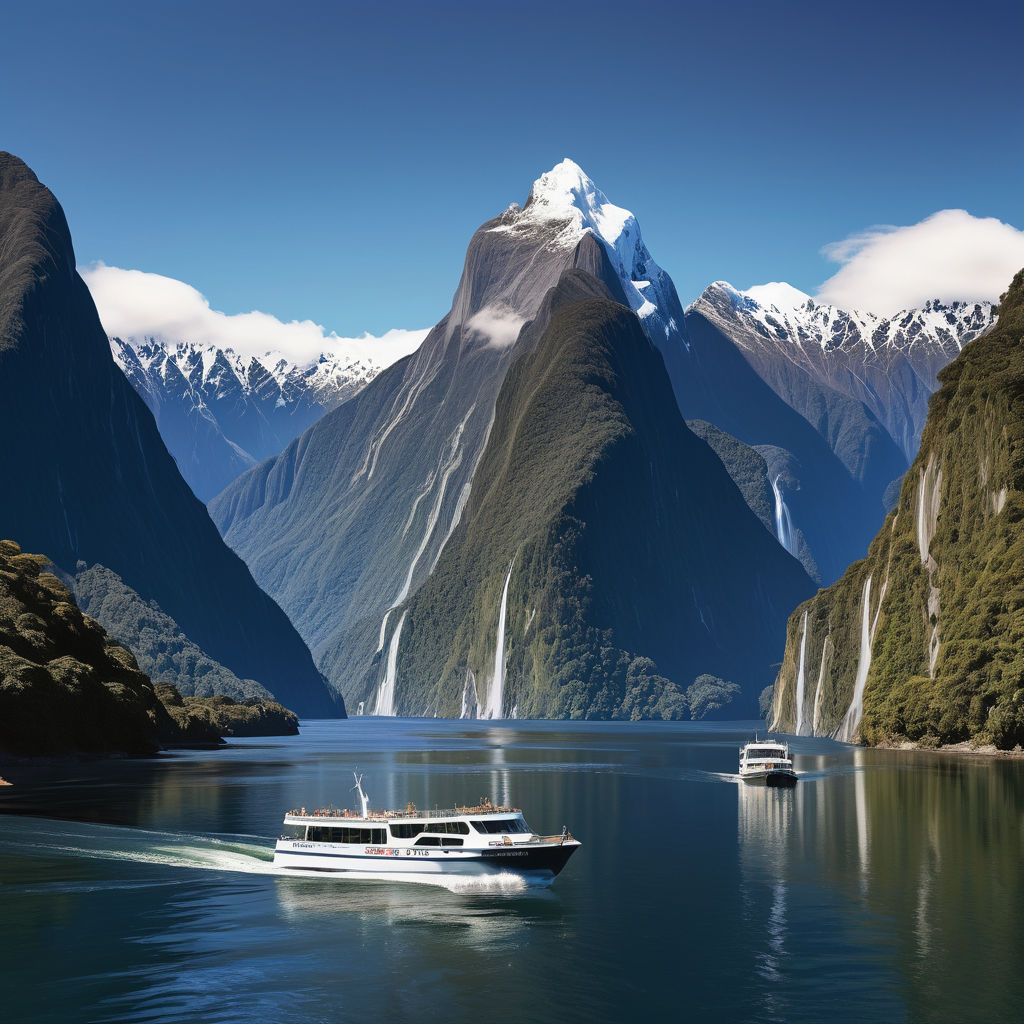Discover New Zealand: A Land of Stunning Landscapes and Rich Cultures
Explore New Zealand's Unique Blend of Māori and Multicultural Heritage

Introduction to New Zealand
New Zealand, a stunning island nation located in the southwestern Pacific Ocean, comprises two main landmasses, the North Island and the South Island, along with over 700 smaller islands. Renowned for its breathtaking landscapes, New Zealand boasts everything from rolling hills and lush rainforests to majestic mountains and pristine beaches. The country’s major cities include Auckland, the largest urban area known for its vibrant culture and economic significance; Wellington, the capital city celebrated for its arts and political importance; and Christchurch, a city renowned for its resilience and innovation following the 2011 earthquakes. New Zealand’s cultural heritage is a rich tapestry woven from its indigenous Māori culture and the influences of British colonization, further enriched by diverse immigration from various parts of the world. This blend of cultures creates a unique and dynamic society.
Cross-national and Cross-cultural Understanding
New Zealanders, or "Kiwis," are known for their open-mindedness and curiosity about other cultures. The country’s commitment to multiculturalism is evident in its policies, educational programs, and international partnerships. New Zealand’s approach to cross-cultural understanding is underpinned by a strong emphasis on inclusivity and respect for diversity. Educational programs in New Zealand actively promote cultural exchange. Schools often celebrate different cultural festivals, and students are encouraged to learn about global cultures through the curriculum. Moreover, New Zealand universities have numerous exchange programs that allow students to study abroad and welcome international students to their campuses, fostering a global perspective among the youth. International partnerships also play a crucial role in promoting cross-cultural understanding. New Zealand participates in various global initiatives, such as the Pacific Islands Forum, which encourages regional cooperation and cultural exchange. The country’s foreign aid programs often focus on education and community development in neighboring Pacific nations, further strengthening cross-cultural ties.
Interactions and Social Dynamics
Interactions between Kiwis and foreigners are typically warm and friendly. New Zealanders are known for their laid-back and approachable demeanor, which makes social interactions easy and pleasant. Politeness and a sense of egalitarianism are hallmarks of Kiwi social behavior. Communication styles in New Zealand are generally informal and direct, though always respectful. Humor, often self-deprecating, plays a significant role in social interactions, helping to break the ice and build rapport. While Kiwis value straightforwardness, they also appreciate subtlety and nuance in communication, reflecting the influence of both Māori and British cultural norms. Language is a critical component of New Zealand’s cross-cultural interactions. English is the predominant language, but Māori, the language of the indigenous people, holds a special place in society. Efforts to revive and promote the Māori language have been successful, with many place names, government documents, and public announcements including Māori translations. Additionally, New Zealand Sign Language is recognized as an official language, highlighting the country’s commitment to inclusivity.
Views on Dating and Relationships
In New Zealand, dating and relationships are approached with a progressive and open mindset. There is a high level of acceptance for relationships with foreigners, reflecting the country’s multicultural ethos. New Zealanders are generally non-judgmental about intercultural relationships, and there is an appreciation for the diverse perspectives that such unions bring. Cultural expectations around dating are relatively liberal. Couples often meet through social activities, mutual friends, or online dating platforms. While traditional values of respect and sincerity are upheld, there is also a significant degree of freedom for individuals to pursue relationships based on mutual affection and compatibility rather than societal pressure.
Marriage and Family
Marrying foreigners is widely accepted in New Zealand, and the legal framework supports cross-cultural marriages without significant barriers. Intermarriage is seen as a positive aspect of New Zealand’s multicultural society, contributing to the diversity and vibrancy of the community. Family dynamics in New Zealand are influenced by both Western and Māori traditions. While the nuclear family is the prevalent model, extended family ties are also valued, particularly within Māori communities where the concept of "whānau" (extended family) plays a central role. In cross-cultural marriages, there is often a blend of different familial traditions, creating a rich and inclusive family environment. Legal considerations for marrying foreigners primarily involve ensuring compliance with immigration and residency requirements. New Zealand’s immigration policies are supportive of family reunification, allowing spouses and partners to apply for residency based on their relationship with a New Zealand citizen or resident.